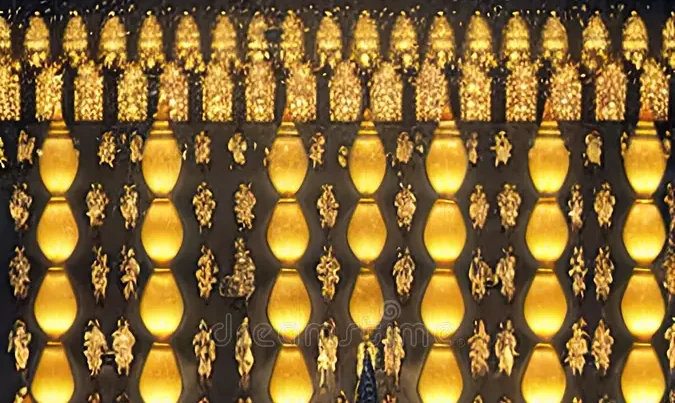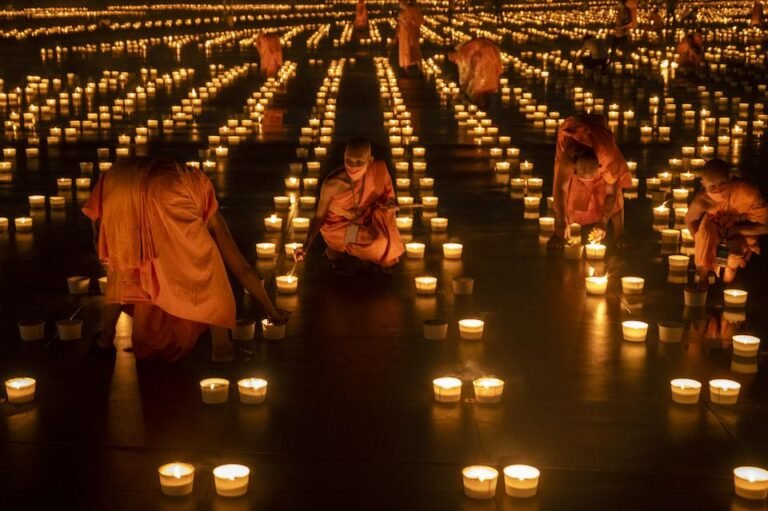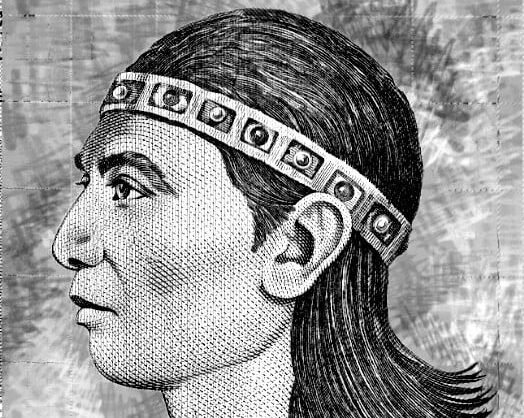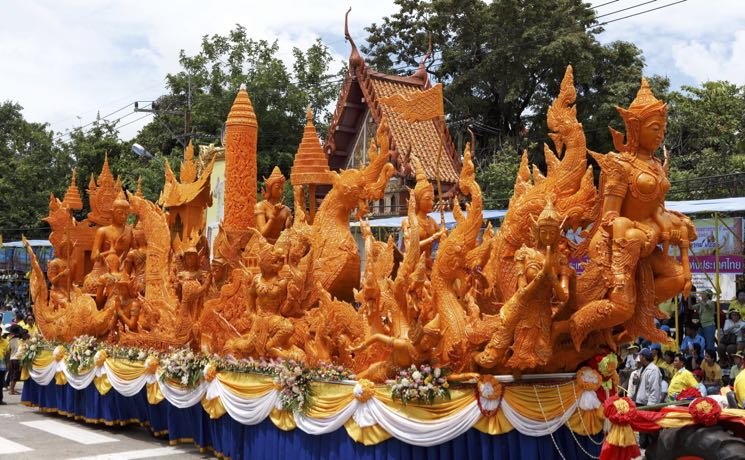Chronos, Kairos and Aion are the three deities of time, events and epic destinies. Here is the multi-religious and multicultural calendar!
Find us on our website Mythology and Legend, on Facebook and on instagram !

The schedule in brief from D-2 to D+5
- August 20, 2024, : Uchal
The complete interactive calendar
Semaine du 2024-07-15
July 19, 2024 (1 event)
–
July 19, 2024
Today, the Mandaeans celebrate Dehwa Rabba, the new year. The day before Kanshī u-Zahli takes place, Mandaean priests spend the whole day performing prayers and masbuta until the afternoon, and animals are also slaughtered for consumption. Before sunset, Mandaeans prepare food for the day after Dehwa Rabba and also perform ṭmasha, or ritual immersion in water which does not require the assistance of a priest. #mythology #myth #legend #calendar #July 19 #Mandaean #DehwaRabba
July 20, 2024 (2 events)
July 20, 2024

Today, Theravada Buddhists celebrate Asalha Puja. This day marks Buddha's first sermon at the deer park to the first five disciples on the dhamma wheel from suffering to nirvana. #mythology #myth #legend #calendar #bhudda #AsalhaPuja
July 20, 2024

Today, Honduras commemorates Lempira, the last leader of the Lenca people. Lempira symbolizes Native American resistance against the Spanish conquest in Honduras. The national currency, the lempira, bears his name. #mythology #myth #legend #calendar #July 20 #honduras #lenca #lempira
July 21, 2024 (1 event)
July 21, 2024

Today, Theravada Buddhists celebrate Khao Phansa. This marks the beginning of the Buddhist Vassavasa Lent. They then spend three months in study and meditation in their temples. This retreat is based on an edict from Buddha issued to ensure that monks do not damage crops or accidentally crush insects hidden in floodwaters. #mythology #myth #legend #calendar #Buddha #KhaoPhansa #vassavasa
Multicultural and multi-religious almanac
An almanac is a calendar showing the main dates of the calendar, the religious holidays, bearing ephemerides such as the phases of the moon or the duration of the days (lunar and solar calendars).
A calendar is a system for marking dates according to time. Such a system was invented by men to divide and organize time over long periods. The observation of the periodic phenomena of the environment in which they lived — such as the daily movement of the shadow, the return of the seasons or the lunar cycle — served as the first references for organizing the agricultural, social and religious life of societies.
The calendar used today in most of the world is the Gregorian calendar. In everyday language, an ephemeris designates what happens daily; the ephemeris of the day is the list of the significant events of this day.